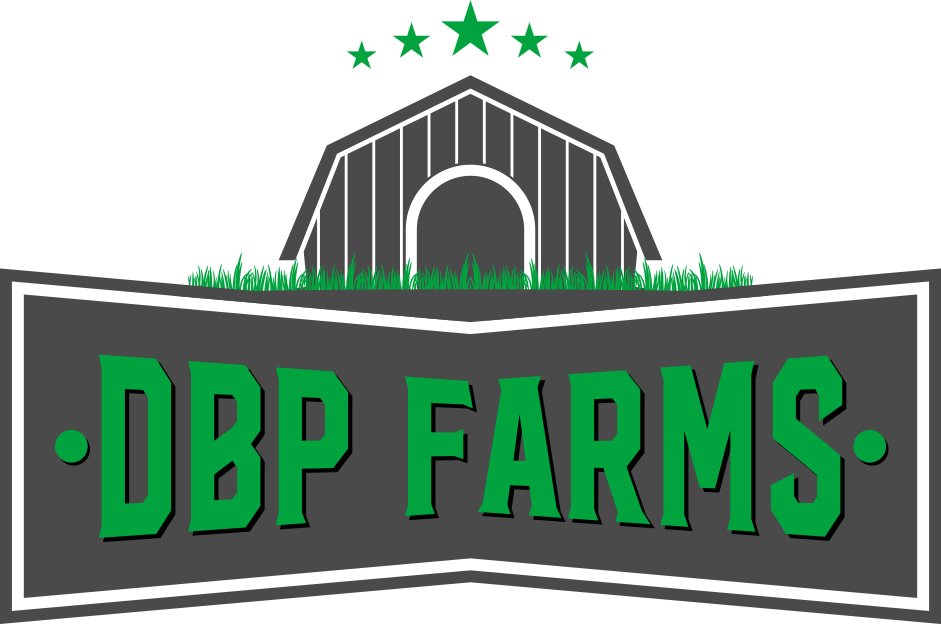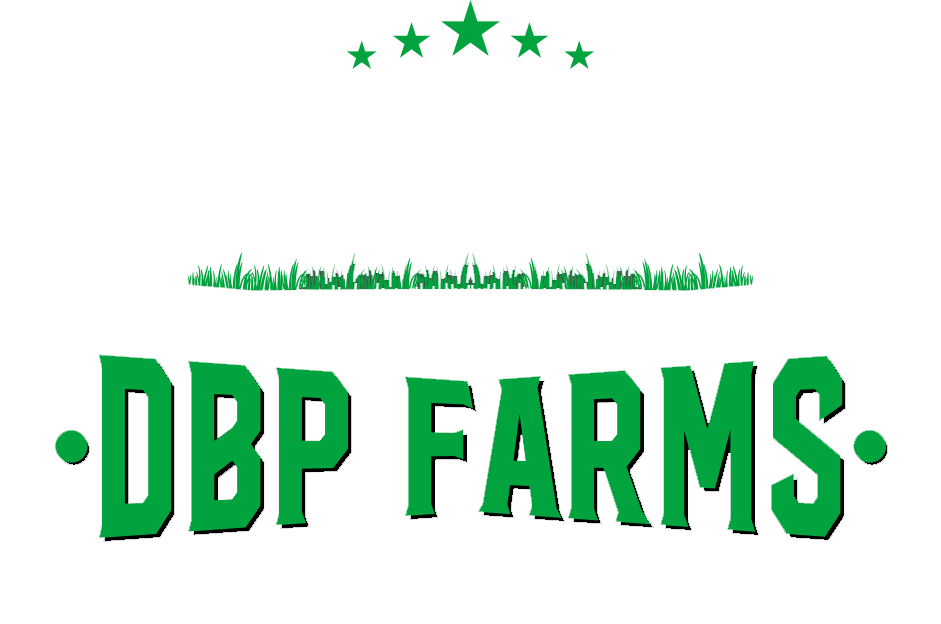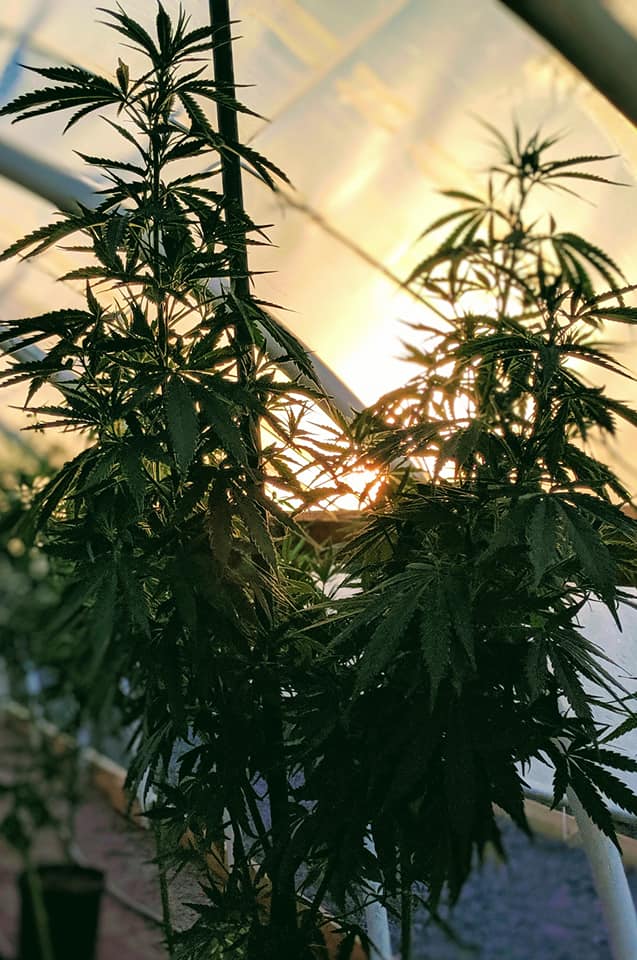State legislatures have taken action to establish state-licensed industrial hemp programs and promote hemp as an agricultural commodity in recent years. A wide range of products, including fibers, textiles, paper, construction and insulation materials, cosmetic products, animal feed, food, and beverages all may use hemp.
While hemp and marijuana products both are species of the cannabis plant, hemp is typically distinguished by its lower concentration of tetrahydrocannabinol (THC).
Federal Action
The 2018 Farm Bill changed federal policy regarding industry hemp, including the removal of hemp from the Controlled Substances Act and the consideration of hemp as an agricultural product. The bill legalized hemp under certain restrictions and expanded the definition of industrial hemp from the last 2014 Farm Bill. The bill also allows states and tribes to submit a plan and apply for primary regulatory authority over the production of hemp in their state or in their tribal territory. A state plan must include certain requirements, such as keeping track of land, testing methods, and disposal of plants or products that exceed the allowed THC concentration.
Previously, the 2014 Farm Bill defined industrial hemp and allowed for state departments of agriculture or universities to grow and produce hemp as part of research or pilot programs. Specifically, the law allowed universities and state departments of agriculture to grow or cultivate industrial hemp if:
“(1) the industrial hemp is grown or cultivated for purposes of research conducted under an agricultural pilot program or other agricultural or academic research; and
(2) the growing or cultivating of industrial hemp is allowed under the laws of the state in which such institution of higher education or state department of agriculture is located and such research occurs.”
The U.S. Department of Agriculture, in consultation with the U.S. Drug Enforcement Agency (DEA) and the U.S. Food and Drug Administration, released a Statement of Principles on Industrial Hemp in the Federal Register on Aug 12, 2016, on the applicable activities related to hemp in the 2014 Farm Bill.
State Action
State policymakers have taken action to address various policy issues — the definition of hemp, licensure of growers, regulation and certification of seeds, state-wide commissions and legal protection of growers. At least 41 states have enacted legislation to establish industrial hemp cultivation and production programs.
2018 Legislation Update
At least 38 states considered legislation related to industrial hemp in 2018. These bills ranged from clarifying existing laws to establishing new licensing requirements and programs. At least six states—Alaska, Arizona, Kansas, Missouri, New Jersey and Oklahoma—enacted legislation in 2018 establishing hemp research and industrial hemp pilot programs. Georgia created the House Study Committee on Industrial Hemp Production. States, already allowing for industrial hemp programs, continued to consider policies related to licensure, funding, seed certification, and other issues. For example, Tennessee amended its Commercial Feed Law to include hemp.
| State | Citation | Summary |
|---|---|---|
| Alabama | Ala. Code § 2-8-380 to 2-8-383 and § 20-2-2 (2016) |
|
| Alaska | Alaska Stat. § 03.05.010; Alaska Stat. § 03.05.100; Alaska Stat. § 03.05.076 to 03.05.079; Alaska Stat. § 11.71.900; Alaska Stat. § 17.20.020; Alaska Stat. §17.38.900 (2018) |
|
| Arizona | SB 1098 (2018) |
|
| Arkansas | Ark. Stat. Ann. § 2-15-401 et seq. (2017) |
|
| California | Cal. Food and Agric. Code §81000 to 81010 (2016) |
|
| Colorado | Colo. Rev. Stat. § 35-61-101 to 35-61-109 (2016) |
|
| Connecticut | 2014 Conn. Acts, P.A. #14-191 (Reg. Sess.) |
|
| Delaware | Del. Code Ann. tit. 3 § 2800 to 2802 (2016) |
|
| Florida | S 1726 (Enacted; Effective June 16, 2017) |
|
| Hawaii | Hawaii Rev. Stat. § 141A to 141J and § 712 (2016) |
|
| Illinois | Ill. Ann. Stat. ch. 720 § 550/15.2 (2016) |
|
| Indiana | Ind. Code Ann. § 15-15-13-1 to 15-15-13-17 (2016) |
|
| Kansas | K.S.A Ch. 62 § 1 – 62 § 2
|
|
| Kentucky | Ky. Rev. Stat. Ann. § 260.850 to 260.869 (2016) |
|
| Maine | Me. Rev. Stat. Ann. tit. 7 § 2231 (2016) |
|
| Maryland | Md. Agriculture Code Ann. § 14-101 (2016) |
|
| Massachusetts | Mass. Gen. Laws. Ann. 128 § 116 to 123 (2017) |
|
| Michigan | Mich. Comp. Laws § 286.841 to 286.844 (2016) |
|
| Minnesota | Minn. Stat. § 18K.01 to 18K.09 (2016) |
|
| Missouri | HB 2034 (2018) |
|
| Montana | Mont. Code Ann. § 80-18-101 to 80-18-111 (2016) |
|
| Nebraska | Neb. Rev. Stat. § 2-5701 (2016) |
|
| Nevada | Nev. Rev. Stat. § 557.010 to 557.080 (2016) |
|
| New Hampshire | N.H. Rev. Stat. Ann. § 433-C:1 to 433-C:3 (2016) |
|
| New Hampshire | 2014 N.H. Laws, Chap. 18 |
|
| New Jersey | AB 1330 / SB 3145 (2018) |
|
| New Mexico | SB 6 (2017) |
|
| New York | N.Y. Agriculture and Markets Law § 505 to 508 (McKinney 2016) |
|
| North Carolina | N.C. Gen. Stat. § 106-568.50 to 106-568.54 and § 90-87(16) (2016) |
|
| North Dakota | N.D. Cent. Code § 4-41-01 to 4-41-03 and § 4-05.1-05 (2016) |
|
| Oklahoma | OK ST T. 2 § 3-401
|
|
| Oregon | Or. Rev. Stat § 571.300 to § 571.315 (2016) |
|
| Pennsylvania | Pa. Cons. Stat. Ann. tit. 3 § 701 to 710 (Purdon 2016) |
|
| Rhode Island | R.I. Gen. Laws § 2-26-1 to 2-26-9 (2016) |
|
| South Carolina | S.C. Code Ann. § 46-55-10 to 46-55-40 (Law. Co-op 2016) |
|
| Tennessee | Tenn. Code Ann. § 43-26-101 to 43-26-103 (2016) |
|
| Utah | Utah Code Ann. § 4-41-101 to 4-41-103 (2016) |
|
| Vermont | Vt. Stat Ann. tit. 6 § 561 to 566 (2016) |
|
| Virginia | Va. Code § 3.2-4112 to 3.2-4120 (2016) |
|
| Washington | Wash. Rev. Code Ann. § 15.120.005 to 15.120.050 (2016) |
|
| West Virginia | W. Va. Code. § 19-12E-1 to 19-12E-9 (2016) |
|
| Wisconsin | Wis. Stat. §94.55; Wis. Stat. §94.67; Wis. Stat. §97.02; §348.27; Wis. Stat. §961.14; Wis. Stat. §961.32; Wis. Stat. §961.442; Wis. Stat. §961.55; Wis. Stat. §973.01 (effective Dec. 2, 2017)
(Also, see 2017 Act 100 or S.B. 119.)
|
|
| Wyoming | Wyo. Stat. § 35-7-2101 to 35-7-2107 (effective July 1, 2017) |
|
*Information adopted from ncsl.org



